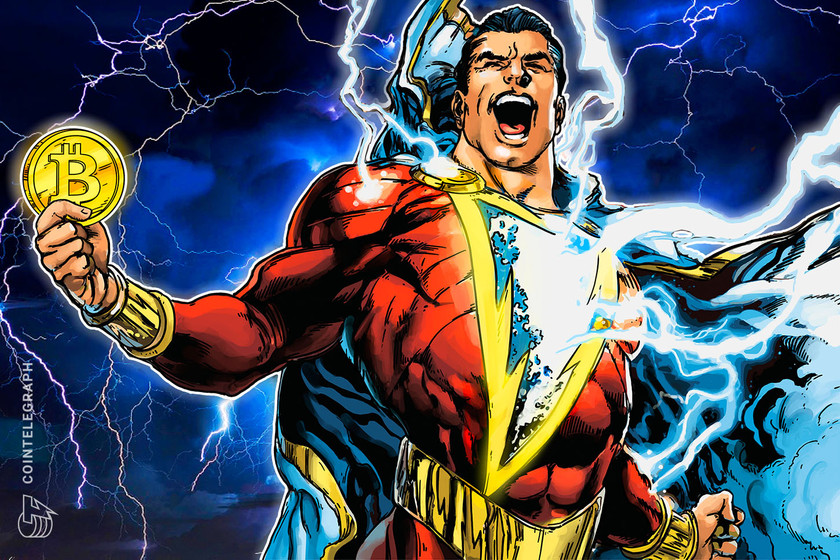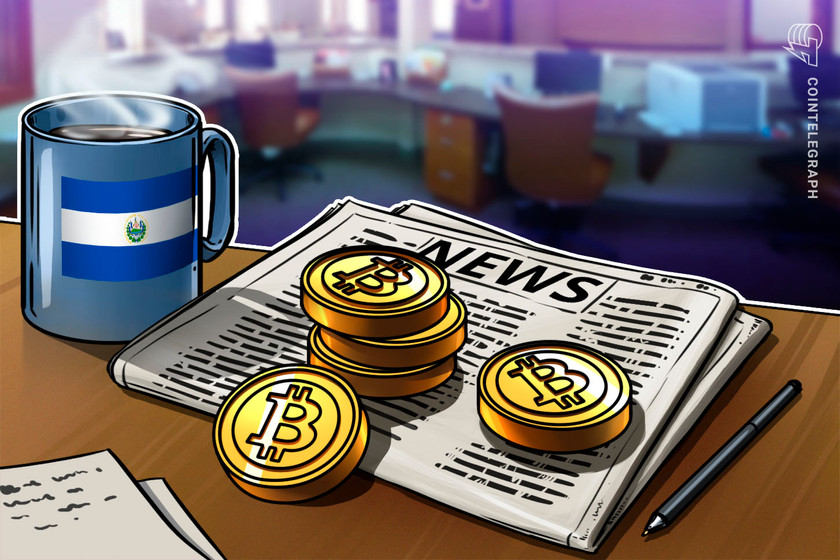Bitfinex donates 36 BTC to Salvadoran businesses to support economic development


El Salvador officially made Bitcoin legal tender in September 2021; since then, the Latin American country has placed BTC near the center of its economic growth strategy.
Cryptocurrency exchange Bitfinex has donated 36 Bitcoin (BTC) and $600,000 worth of Tether (USDT) to small businesses in El Salvador as part of a broader pledge to support economic development in neighborhoods that have struggled with gang-related violence.
The funds are being distributed in the socially-deprived communities of Ilopango, Soyapango and Apopa, where gang violence and extortion of small business owners are the most common, Bitfinex announced Thursday. The donations, which will be funded through recipients’ Bitcoin wallets, including the state-sponsored Chivo wallet, will support environmentally-friendly business initiatives that employ local workers.
In addition to funding the donations, Bitfinex’s parent company, iFinex Inc., is working with El Salvador’s government to create a new regulatory framework for digital assets and securities, the company said.
Since making Bitcoin legal tender in June 2021, El Salvador has increased its treasury reserves of the digital asset through several dip-buying purchases. The Salvadoran government now holds 2,301 BTC on its books, worth a cumulative $46 million.
El Salvador just bought the dip!
500 coins at an average USD price of ~$30,744 #Bitcoin
— Nayib Bukele (@nayibbukele) May 9, 2022
While it appears that Salvadoran businesses have been slow to adopt Bitcoin, the state-sponsored Chivo wallet appears to be growing in popularity for its role in facilitating remittances. Salvadorans living abroad sent $52 million in remittances through the first five months of 2022, according to the El Salvador Central Reserve Bank.
Related: El Salvador president addresses bear market concerns with Bitcoin hopium
Among its many BTC initiatives, El Salvador is planning a so-called Volcano Bond offering worth $1 billion. The Bitcoin-backed bond will be tokenized by Bitfinex and Blockstream, with proceeds going towards the development of Bitcoin City. As Cointelegraph reported, the timeline for the bond issuance is unclear.

















